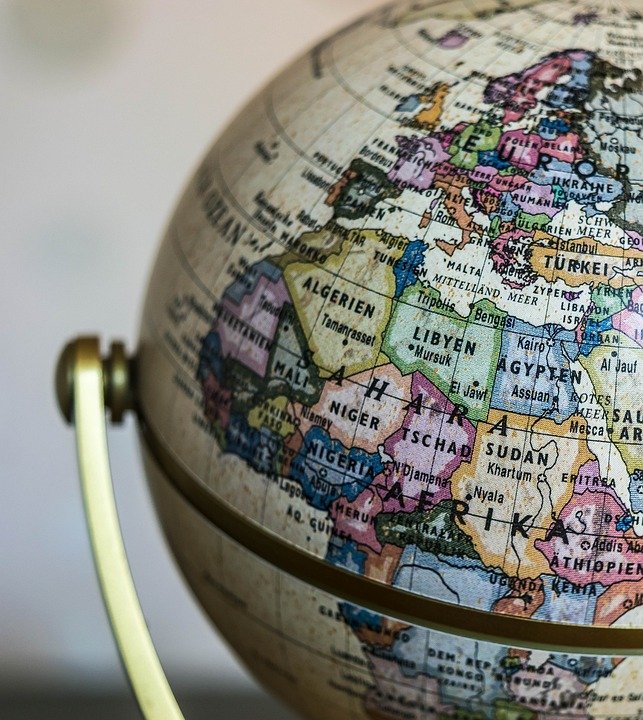The United Kingdom, a mosaic of diverse cultures and histories, stands as a beacon of rich traditions that have shaped not only the nation but also the world. Embracing a legacy that stretches back millennium, British culture is a tapestry woven from its historic past, multifaceted regional identities, and continuous evolution. From the pages of literary greats to the rhythmic beats of traditional music, the myriad of customs and practices highlight the uniqueness of this fascinating nation.
The Legacy of Heritage and History
At the core of British culture lies an intricate history that informs contemporary identity. The UK boasts a number of historic landmarks and sites, from the iconic Tower of London to the ancient stone circles of Stonehenge. Such places are not just tourist attractions; they are testament to thousands of years of human civilization, invasions, and artistic expression. Traditional festivals rooted in ancient practices, like the ceremonial re-enactments of the Changing of the Guard or the annual celebration of Bonfire Night, showcase this legacy. Each event not only entertains but also educates, allowing both locals and visitors to connect with the nation’s shared history.
Literary Excellence
British literature is another cornerstone of the nation’s cultural identity. The UK has produced a pantheon of literary figures whose works continue to resonate across the globe. From William Shakespeare to Jane Austen, and from the Brontë sisters to J.K. Rowling, these authors have profoundly influenced not just English literature but also global narratives. The importance of the written word is celebrated annually during events like the Hay Festival and the Man Booker Prize, which foster literary discourse and highlight the vibrancy of contemporary writing.
The Sounds of Tradition
Music in Britain reflects a profound diversity that spans genres and styles. Traditional folk music, with its deep roots in community and storytelling, remains integral to the nation’s identity. Each region boasts its own unique sound, with instruments like the Celtic harp in Wales and the accordion in Lancashire evoking the spirit of local traditions. Meanwhile, the British Invasion of the 1960s heralded a new era with bands like The Beatles and The Rolling Stones, significantly influencing global music. Festivals such as Glastonbury and Bestival celebrate this enduring love of music, blending traditional sounds with contemporary performances.
The Culinary Landscape
No exploration of British culture is complete without a taste of its culinary traditions. While often stereotyped as bland, British cuisine is surprisingly rich and varied. Dishes like roast beef and Yorkshire pudding, fish and chips, and regional specialties like haggis in Scotland highlight the diverse influences that have shaped British cooking. The revival of traditional recipes and local produce reflects a growing appreciation for heritage and sustainability. Food festivals and farmers’ markets across the UK champion local chefs, artisans, and ingredients, allowing food enthusiasts to savor the authentic flavors of the nation.
Celebrating Festivals
Traditional festivals play a pivotal role in British culture, providing a platform for community bonding and celebration. Events like Notting Hill Carnival, marking Caribbean culture in Britain, and the Edinburgh Festival Fringe, the world’s largest arts festival, showcase the rich diversity of the UK’s cultural landscape. These festivals not only celebrate traditional customs but also invite global influences, making them vibrant displays of creative expression.
The Influence of Sport
Sport, often considered a unifying force, holds a special place in British culture. Football (soccer) is more than just a game; it is a national passion that ignites community spirit and pride. Iconic events like the FA Cup and the Wimbledon Championships exemplify the rich sporting tradition, where history and competition intertwine. Rugby, cricket, and tennis also feature prominently, each with their own set of traditions and loyal followings, reinforcing the idea that sports transcend mere entertainment to become an integral part of the national fabric.
Conclusion: A Living Culture
British culture is a dynamic compilation of traditions, practices, and influences, continually evolving while holding steadfast to its roots. The interaction of different regions and communities fosters a rich dialogue about identity, history, and the arts. As the UK looks to the future, its culture remains a testament to resilience, creativity, and the shared human experience. Exploring this vibrant tapestry reveals an ever-expanding narrative, inviting both residents and visitors alike to partake in the traditions that define the nation. Embracing and celebrating these customs ensures that British culture will continue to thrive and inspire, both at home and around the globe.


